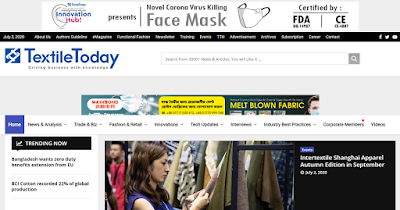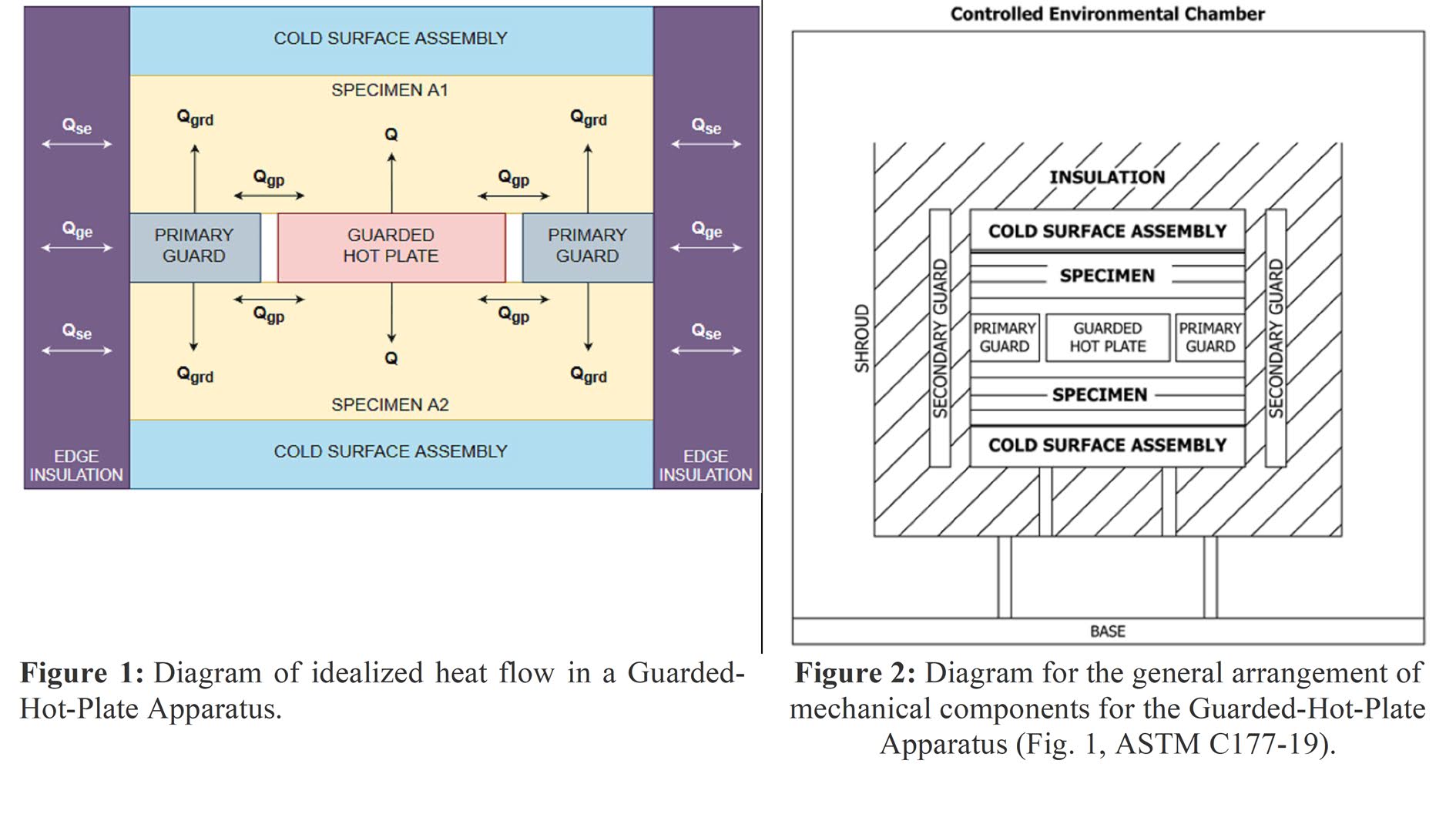 |
| Industry-University Collaboration |
The readymade garment (RMG) and the Textile industry of Bangladesh are playing an important role in the national economy and this sector is directly employing about 4 million people. Moreover, when considered indirectly, the country’s various types of business, including bank-insurance, have developed based on this industry. That is why this sector is the country’s focal point and the most important as well. Various initiatives should be taken for its development and expansion. Currently, Bangladesh’s readymade garments and textile sector is mainly doing the business with traditional items like t-shirt, polo shirt, tank top, trouser and other low valued basic items. These items are cheaper and of course less profitable considering the value of time and our resources whereas time is considered money in today’s world. Unfortunately, because of the large quantity order, we are forgetting about other possibilities.
We usually calculate the export value of the quantity, not the export value of quality, unfortunately. It is somewhat like “more sale with less profit”.
But in order to survive in today’s competitive market or to dominate the market, there is no substitute for high value-added products, which can meet the demands of the modern world as well as can make more money. So the question is why the industrialists are not paying attention to that? Do we not have that capability or do we not want to make more profit or are we not willing to take the risk of changing the current set-up? The answer is actually none of these. In the current readymade garments and textile market, Bangladesh is producing quality items at a relatively reasonable price. And that is why there are a lot of orders in Bangladesh, especially for basic items and everyone is busy executing so the orders received. There remain very few opportunities to work for research and development. But it is very promising news that some of the renowned companies like Square, Epilion, Thermax, Noman group are emphasizing on the R&D and creating some of their own value-added items. They are able to make a good profit by offering their created new items to the customer. In fact, most of the time we are customer-oriented; whatever they order, we just execute them. Business is going on this principle and that is why buyers dominate the manufacturing companies. As we are already concerned, a huge quantity of medical textiles, especially protective masks and surgical gowns are now required to deal with the Covid-19 pandemic situation all over the world. Developed countries are even struggling to cope with this situation.
Most recently, a Bangladeshi fabric manufacturer Zaber and Zubair (Z&Z) Fabrics, a sister concern of the country’s largest garment exporter Noman Group, has claimed to have developed a fabric named “Corona Block Fabric” that can kill coronavirus or any other virus within 120 seconds. The fabric has already been validated under ISO 18184 and registered with different compliance bodies of the United States (US) and the European Union (EU). Their developed fabric is protected from all kinds of viruses and bacteria, and is wash durable, soft and breathable in 100 percent cotton and blends, and absolutely safe to skin. They could come forward because of having a strong R&D department. In fact, there is no alternative for launching and strengthening the R&D section to create new value-added items. Research environment must be ensured in every export-oriented factory.
Higher studies should be embraced in the industry. Masters or PhD holders need to be employed with smart packages to make them encourage working in the factory. In this way, s/he will be able to apply her/his research works in the country with a higher degree from a reputed university at home and abroad.
This will benefit the country in two ways: 1. the talented engineers of the country will return to the country without settling abroad and will equip themselves in the homeland, 2. the industry will be able to come out of the conventional trends and create high value-added items as per the demand of the present world. The market will diversify to various types of technical textiles, including medical textiles, smart textiles, geotextiles, textile composites. On top of that, simultaneously some other sector like medical sector, electronic sector, automobile sector etc. will be flourished as well. So it is essential to accommodate the research degree holders to get the modern technology transferred. It’s definitely a cultural change, and it may not be easy, but it’s very important to do. We have to come up with strategic planning. Factory owners should come out of “Invest today and expect the profit tomorrow” thinking. The industry should have a clear roadmap for at least 50 years ahead.
You may also like:
1. Bangladesh RMG Industry
2. Why Textile Graduates shifting abroad!!!






